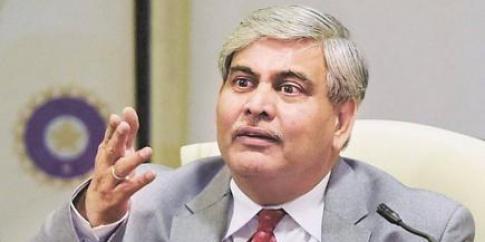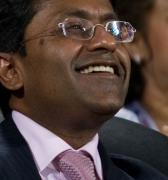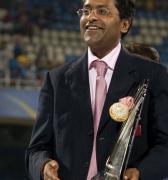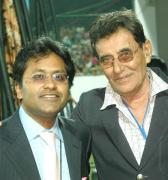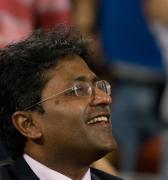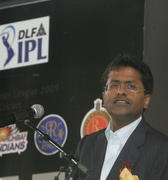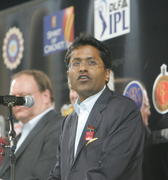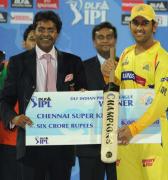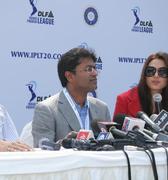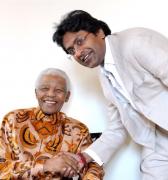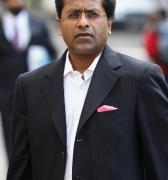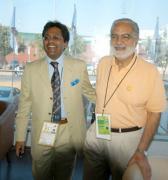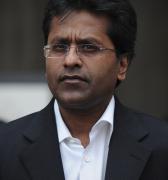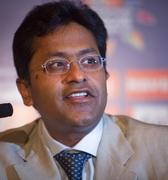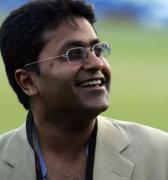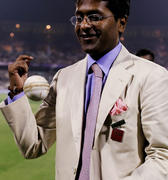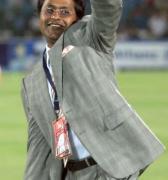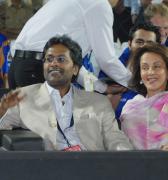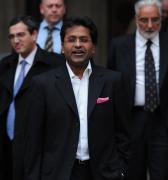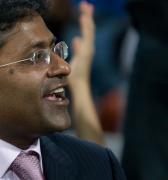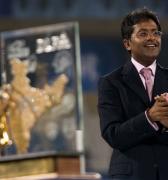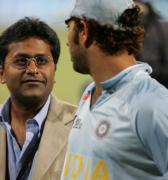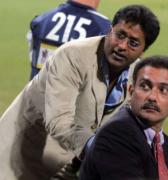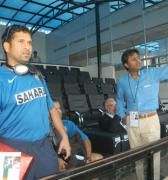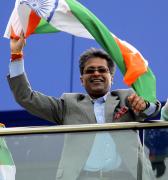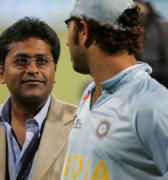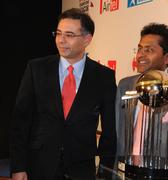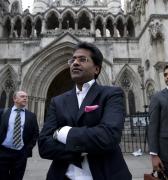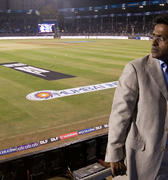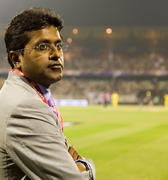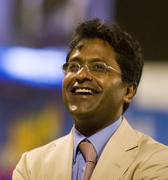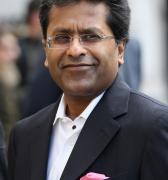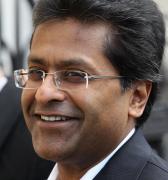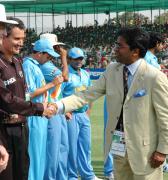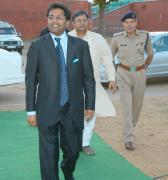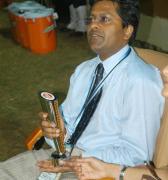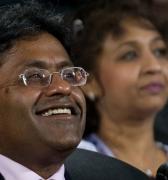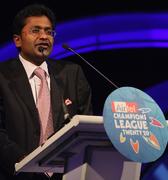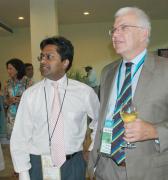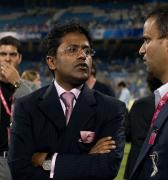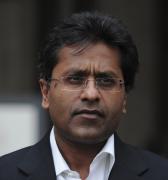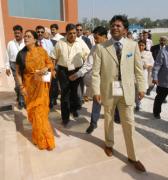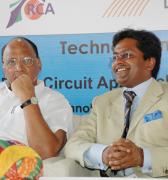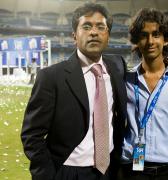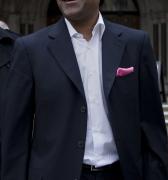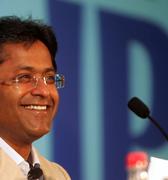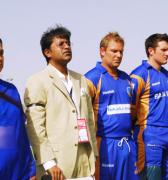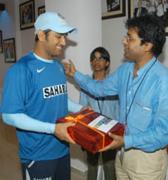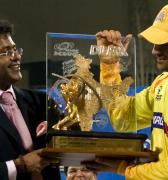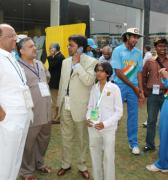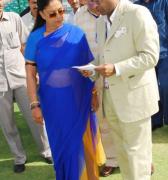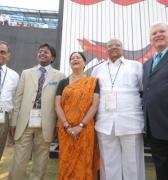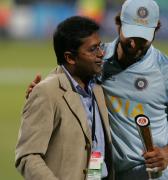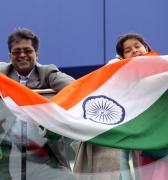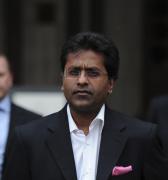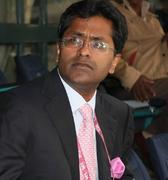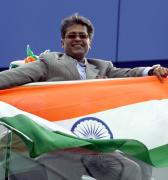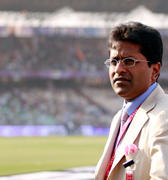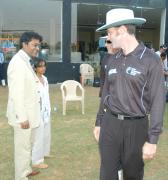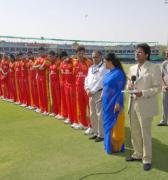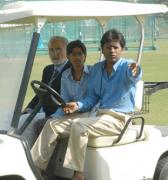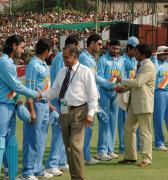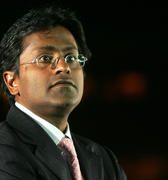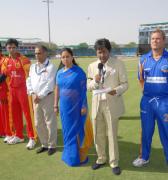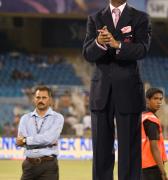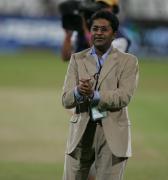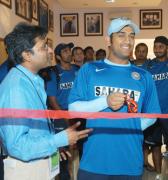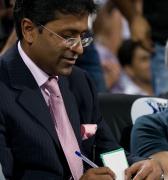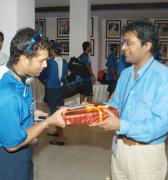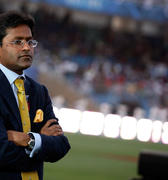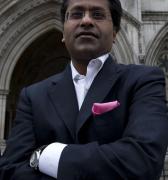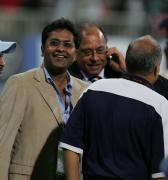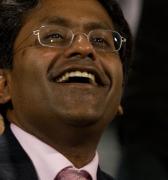Did CoA reject compromise formula of Manohar?
So why did Shashank Manohar resign?
Well, the general perception is that one has to be too naïve to believe that it was for personal reasons. But that `reason' may not be entirely untrue.
“He resigned because he has realised that his reforms would not be passed. He cannot take defeats,“ an insider told Mirror. The `personal angle' here is that the reforms in the International Cricket Council (ICC), which he had personally initiated, would have been defeated.
During the discussions with the members of the Board of Control for Cricket in India's (BCCI) Committee of Administrators (COA), he is believed to have said that that there would be substantial increase in the BCCI's share. But it was not not acceptable to Vinod Rai and Vikram Limaye.They made it clear that they cannot accept anything less than that was already allotted to the BCCI in the 2014 model.
The COA contention was that only an elected body can be authorised to take the cut and an interim setup can not accept revisions in the finances.
As per the Srinivasan model, the BCCI share of the ICC revenue, broadly, was 32 per cent and in the Manohar model, it had come down to 16 per cent. In real cash terms, the BCCI share should have been around $ 570 million (after all deductions and calculations) in the current eight-year cycle of eight years and in the revised structure it would have been about $ 256 million. Manohar proposed a substantial hike but it did not cut ice with the COA.
Concurrently, there were also related developments elsewhere. Zimbabwe, which had abstained from vot ing last time, and Bangladesh, which had voted against the BCCI interest, have been won over and the BCCI side has got enough numbers to stall that motion in a meeting expected to take place next month. It would have meant that Manohar's pet reforms would not be passed.
With Manohar out of the equation, the ICC is set to announce an interim chairman in the next few days.David Peever and Giles Clarke may be in the fray but Thilanga Sumathipala of Sri Lanka is the dark horse. Imran Khwaja of Singapore has an outside chance.
So why did Shashank Manohar resign?
Well, the general perception is that one has to be too naïve to believe that it was for personal reasons. But that `reason' may not be entirely untrue.
“He resigned because he has realised that his reforms would not be passed. He cannot take defeats,“ an insider told Mirror. The `personal angle' here is that the reforms in the International Cricket Council (ICC), which he had personally initiated, would have been defeated.
During the discussions with the members of the Board of Control for Cricket in India's (BCCI) Committee of Administrators (COA), he is believed to have said that that there would be substantial increase in the BCCI's share. But it was not not acceptable to Vinod Rai and Vikram Limaye.They made it clear that they cannot accept anything less than that was already allotted to the BCCI in the 2014 model.
The COA contention was that only an elected body can be authorised to take the cut and an interim setup can not accept revisions in the finances.
As per the Srinivasan model, the BCCI share of the ICC revenue, broadly, was 32 per cent and in the Manohar model, it had come down to 16 per cent. In real cash terms, the BCCI share should have been around $ 570 million (after all deductions and calculations) in the current eight-year cycle of eight years and in the revised structure it would have been about $ 256 million. Manohar proposed a substantial hike but it did not cut ice with the COA.
Concurrently, there were also related developments elsewhere. Zimbabwe, which had abstained from vot ing last time, and Bangladesh, which had voted against the BCCI interest, have been won over and the BCCI side has got enough numbers to stall that motion in a meeting expected to take place next month. It would have meant that Manohar's pet reforms would not be passed.
With Manohar out of the equation, the ICC is set to announce an interim chairman in the next few days.David Peever and Giles Clarke may be in the fray but Thilanga Sumathipala of Sri Lanka is the dark horse. Imran Khwaja of Singapore has an outside chance.
Courtesy: Mumbai Mirror








